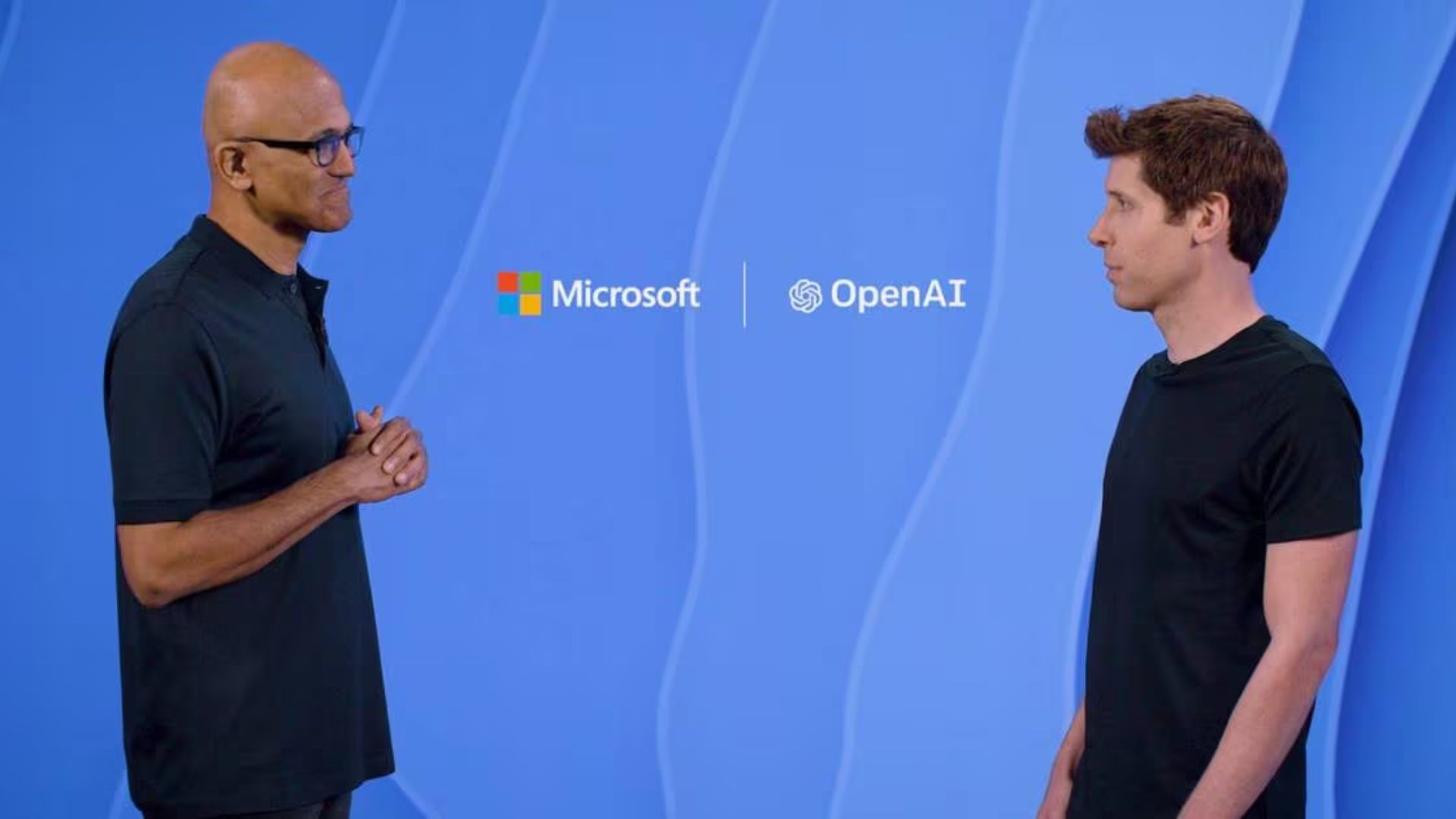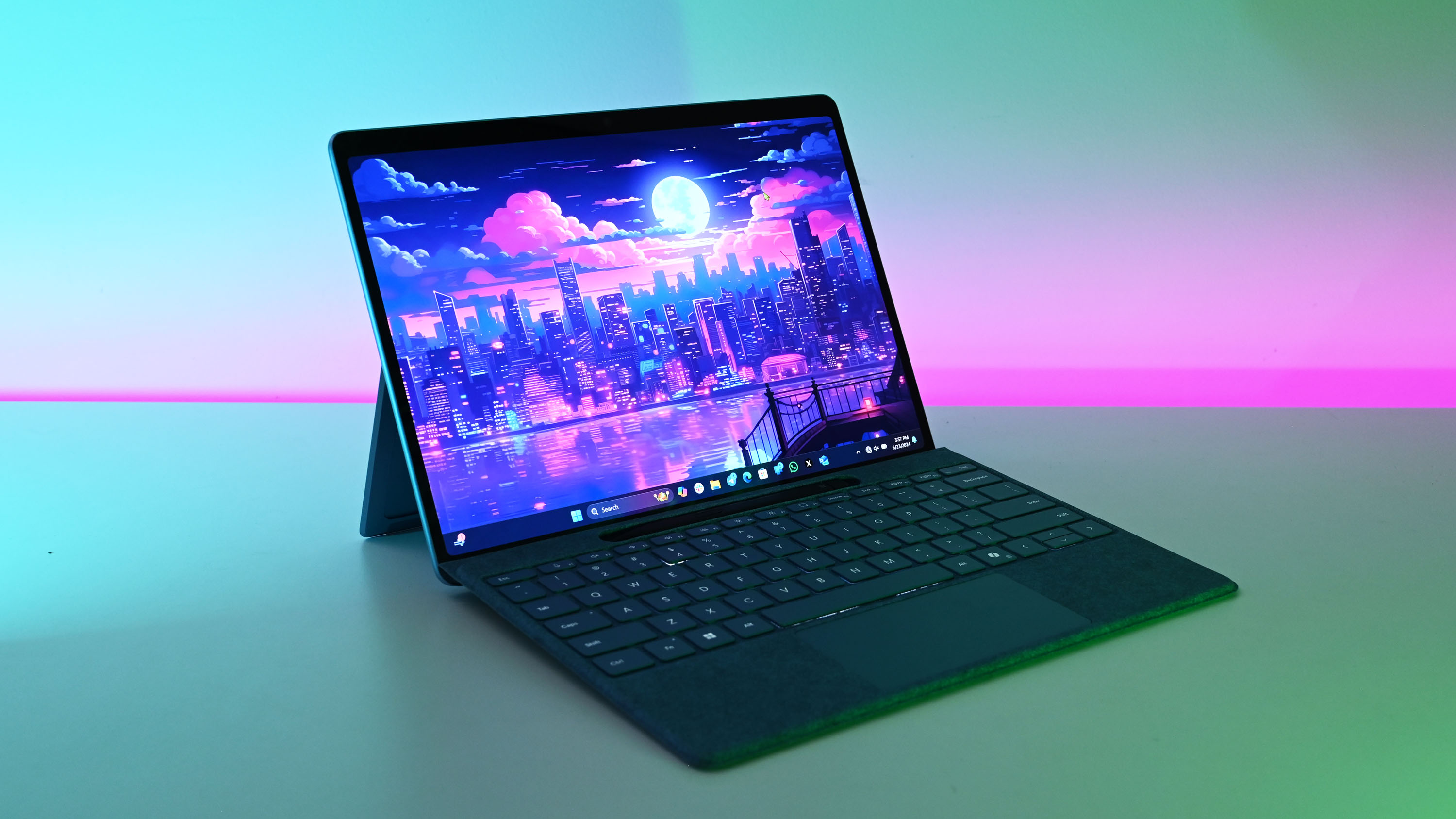OpenAI's for-profit evolution hits a major roadblock — as the ChatGPT maker struggles to establish Microsoft's equity in its reportedly $30 billion charitable arm
OpenAI reportedly plans to value its charitable arm at $30 billion as investor pressure mounts, coercing the AI firm to evolve into a for-profit entity.

Last year, OpenAI was on the verge of bankruptcy, with projections of making a $5 billion loss within 12 months. However, key investors, including SoftBank, Microsoft, and NVIDIA, raised $6.6 billion through a funding round, pushing the ChatGPT maker's market capitalization to $157 billion.
The round of funding seemingly mounted pressure from investors, coercing it to restructure its business model into a public benefit corporation (PBC) or risk refunding the funds raised within two years. As it happens, OpenAI is reportedly deliberating transforming into a for-profit entity (via Financial Times). However, the process has seemingly been stunted as the ChatGPT maker struggles to determine Microsoft's equity in the PBC.
If OpenAI successfully transforms into a for-profit entity, it will be split into two entities. For context, it will feature a charitable arm to carry forward its founding mission—to ensure artificial general intelligent systems benefit humanity. The charitable arm will also get a stake in the newly found PBC. The Financial Times report details that OpenAI plans to value the charitable arm at $30 billion.
According to sources with close knowledge of the discussions, OpenAI faces difficulty determining how much equity Microsoft will get in the PBC. This could also include determining how much equity OpenAI CEO Sam Altman would get in the new corporation.
OpenAI's transition into a for-profit arm has already been riddled with hurdles. Last year, former OpenAI co-founder and Tesla CEO Elon Musk filed two lawsuits against the ChatGPT maker and Sam Alman, citing "a stark betrayal of its founding mission" and alleged involvement in racketeering activities.
Musk's lawyer says the "previous suit lacked teeth; this is a much more forceful lawsuit." The suit details how Altman and Brockman "manipulated" Musk into co-founding the company with promises of a "safer, more open course than profit-driven tech giants.
Market analysts and experts predict that Microsoft might eventually acquire OpenAI within the next three years. "Investors' focus might shift away from AI, and the startups will just find it difficult to keep funding for the innovation they want to do," the experts added.
Get the Windows Central Newsletter
All the latest news, reviews, and guides for Windows and Xbox diehards.
To that end, OpenAI's failure to comply with the investor agreement to evolve into a for-profit entity could open it up to outsider interference and hostile takeovers. This happened after the AI firm announced its $500 billion Stargate project to emancipate its overreliance on Microsoft for cloud computing resources for its sophisticated AI advances.

Kevin Okemwa is a seasoned tech journalist based in Nairobi, Kenya with lots of experience covering the latest trends and developments in the industry at Windows Central. With a passion for innovation and a keen eye for detail, he has written for leading publications such as OnMSFT, MakeUseOf, and Windows Report, providing insightful analysis and breaking news on everything revolving around the Microsoft ecosystem. While AFK and not busy following the ever-emerging trends in tech, you can find him exploring the world or listening to music.
